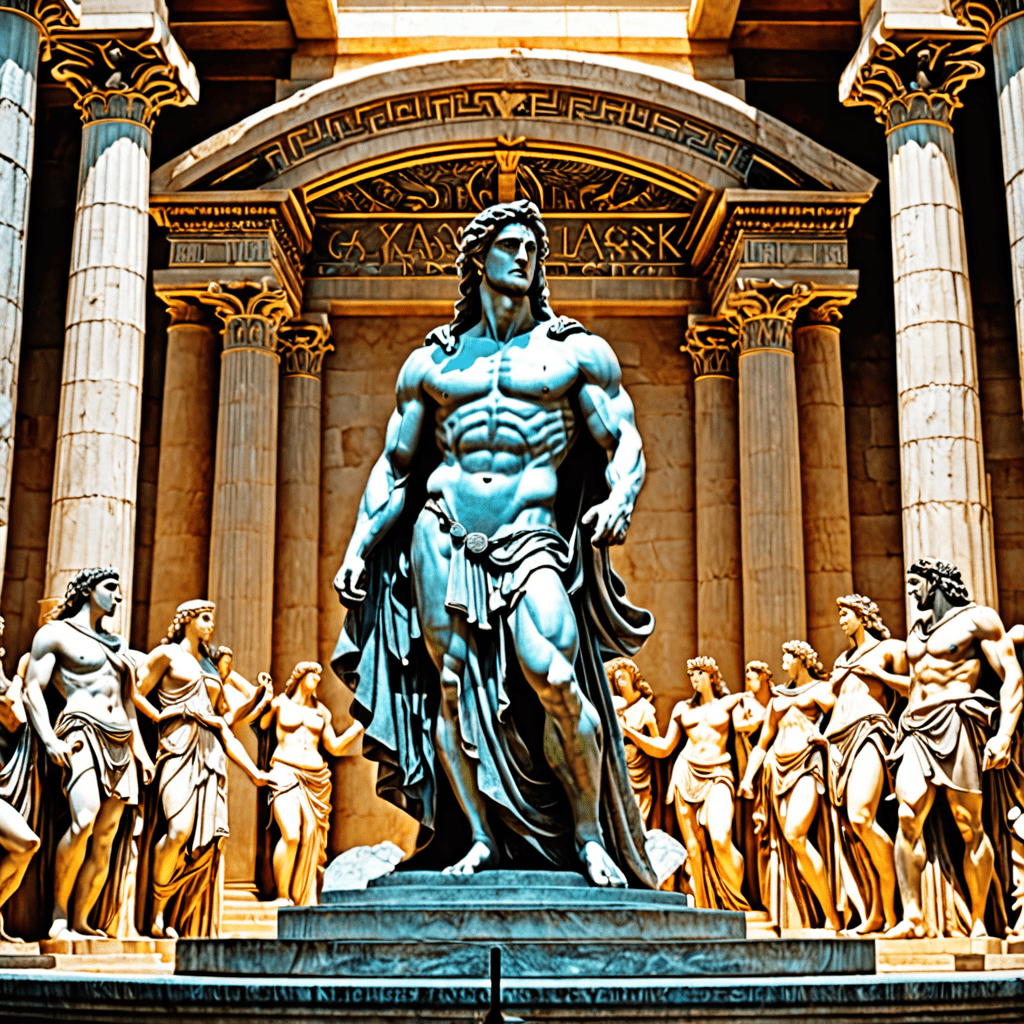The Influence of Greek Mythology on Knowledge
Greek mythology has long been a source of fascination and inspiration for individuals seeking to understand the world around them. The stories of ancient Greece are not only entertaining but also hold profound insights into the concept of knowledge and cognition.
The Role of Mythological Gods and Beings in Knowledge
In Greek mythology, gods and other supernatural beings often symbolize various facets of knowledge. For example, Athena, the goddess of wisdom, strategic warfare, and craftsmanship, embodies intellect and strategic thinking. Apollo represents rationality, harmony, and the light of truth. These mythological figures provide a template for understanding different forms of knowledge and ways of knowing.
Epistemology in Greek Mythology
Epistemology, the study of knowledge, is intricately woven into many Greek myths. Prometheus, who stole fire from the gods and gave it to humans, can be seen as a symbol of knowledge acquisition and enlightenment. The Oracle of Delphi, believed to channel the wisdom of Apollo, was consulted by many seeking knowledge and guidance.
Lessons from Greek Myths on the Pursuit of Knowledge
Through various myths, Greek culture imparts valuable lessons about the pursuit of knowledge. Heroes like Odysseus demonstrate the importance of intellect, cunning, and adaptability in overcoming challenges. The story of Icarus warns against the dangers of hubris and unchecked ambition in the realm of knowledge and innovation.
Overall, Greek mythology offers a rich tapestry of narratives that explore the nuances of knowledge, wisdom, and intellectual curiosity. By delving into these ancient stories, we can gain a deeper understanding of the fundamental concepts that shape human cognition and the quest for knowledge.
Frequently Asked Questions About Greek Mythology and the Concept of Knowledge
What is Greek Mythology?
Greek mythology refers to the collection of myths and stories that originated in ancient Greece, often focusing on gods, goddesses, heroes, and mythological creatures. These stories were a way for the ancient Greeks to explain natural phenomena, human behavior, and the world around them.
What Role Does Knowledge Play in Greek Mythology?
In Greek mythology, knowledge was often associated with wisdom, foresight, and the ability to make informed decisions. Characters like Athena, the goddess of wisdom, embodied the importance of knowledge in guiding actions and shaping destinies.
How Did Greek Myths Address the Pursuit of Knowledge?
Greek myths often highlighted the consequences of seeking knowledge beyond one’s limits. The tale of Prometheus, who stole fire from the gods to give to humans, illustrates the risks and rewards of pursuing forbidden knowledge.
Which Greek Myths Emphasize the Power of Knowledge?
Myths like the story of Daedalus and Icarus showcase the power of knowledge and the perils of hubris. Daedalus’s ingenuity in creating wings for his son, Icarus, demonstrates both the potential and the limitations of knowledge when not tempered with caution.
How Does Greek Mythology Influence Modern Concepts of Knowledge?
Greek mythology continues to




